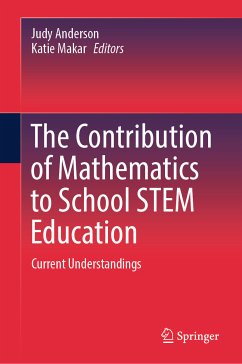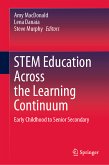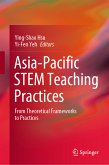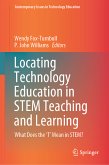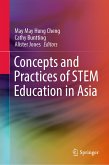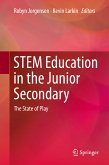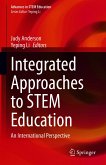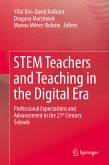This book presents contemporary STEM education research conducted by mathematics education researchers and their collaborators which highlights the important and pivotal role of mathematics in school STEM education. It showcases evidence of the types of integrated curriculum approaches to STEM education which highlight mathematics as a key component and where mathematical concepts can be learnt through integrated tasks. These examples challenge the idea that mathematics is just an application or 'servant' to the other STEM subjects and highlight the contribution that mathematics can make to the understanding and practices of the other STEM subjects. This book fills a void in the current research literature on the role of mathematics in STEM education, provides evidence of the possibilities for designing integrated STEM curriculum and highlights current understandings of the role of mathematics in school STEM education. For researchers, it identifies and elaborates gaps to encourage further exploration in this field.
Dieser Download kann aus rechtlichen Gründen nur mit Rechnungsadresse in A, B, BG, CY, CZ, D, DK, EW, E, FIN, F, GR, HR, H, IRL, I, LT, L, LR, M, NL, PL, P, R, S, SLO, SK ausgeliefert werden.

